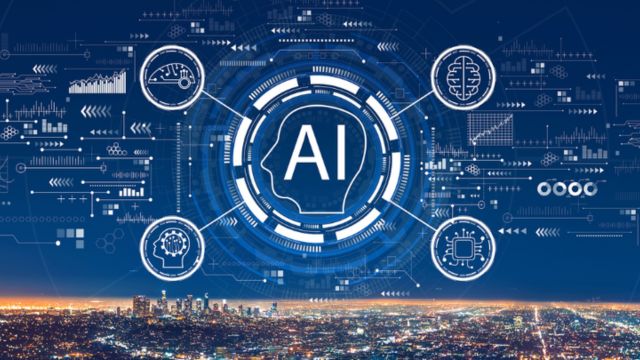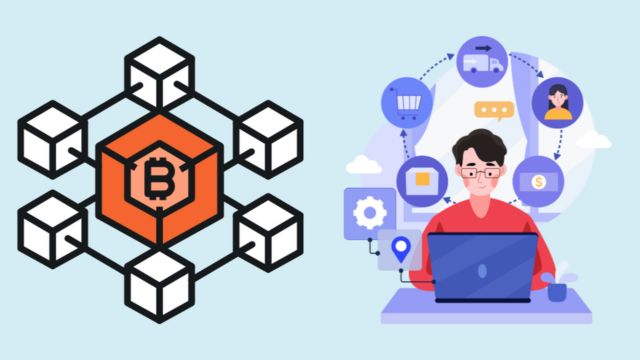Quantum computing is a fast-growing field that could transform businesses and address problems regular computers cannot. It may sound like science fiction, but the idea is genuine and taking shape. But what is quantum computing and how does it work? Quantum computing’s fundamentals, applications, problems, and future are covered in this article.
What is Quantum Computing?
Quantum computing relies on quantum mechanics, the science of atomic and subatomic particles. Qubits, or quantum bits, are the smallest unit of information in quantum computers.
Superposition allows qubits to exist in numerous states at once, unlike bits, which can only be 0 or 1. This makes quantum computers significantly more powerful than classical computers for certain jobs since they can process a lot of data at once.
Entanglement is another key aspect of quantum computing. Entangled qubits share states even when far apart. Changing the state of one qubit quickly affects the other, increasing computational power and efficiency.
Quantum computers are faster and more efficient than classical computers at complicated tasks like optimisation, simulation, and cryptography.
How Does Quantum Computing Work?

Qubits’ unique features enable quantum computing. To understand it, you must understand superposition, entanglement, and interference.
- Superposition: Classical computing bits are 0 or 1. However, a qubit can be 0 and 1. This is like tossing a coin and getting both heads and tails. Superposition lets quantum computers process several options at once, making them faster at some problems.
- Entanglement: When two qubits become entangled, their states are directly related, regardless of their distance. Manipulating one entangled qubit instantly affects the other, boosting quantum computer power by speeding up information interchange and processing.
- Interference: is another important quantum computing issue. Quantum algorithms can boost correct responses and cancel out incorrect ones. This allows quantum computers to solve problems faster than traditional computers.
These quantum principles allow quantum computers to solve complicated problems faster than traditional computers.
Potential Applications of Quantum Computing
Quantum computing could impact several industries by addressing challenging issues that traditional computers cannot. Some promising quantum computing applications are:
- Cryptography: Quantum computers could break data encryption protocols. Quantum computers can handle massive volumes of data concurrently and decipher data that would take regular computers millennia. Quantum computing could also create more secure encryption methods that traditional computers cannot break.
- Optimization Problems: Quantum computers are efficient in optimising issues, which entail choosing the optimal answer from many options. These issues are widespread in logistics, finance, and manufacturing. Quantum computing could revolutionise route, supply chain, and portfolio optimisation.
- Drug Discovery and Materials Science: Chemical and medicinal applications of quantum computing are interesting. Quantum computers can simulate molecular behaviour, enabling precise medicine and material creation. This could speed up the creation of life-saving drugs and innovative materials that are hard to make.
- Artificial Intelligence and Machine Learning: Quantum computing may improve AI and machine learning techniques. Quantum computers can analyse big datasets and execute complex models more effectively, making AI systems faster, more accurate, and able to solve issues that classical computers cannot.
- Climate modelling and weather prediction: Complex climate systems and weather patterns make accurate predictions difficult. Quantum computers might analyse huge environmental data in real time, improving weather, climate change, and natural disaster predictions.
Challenges of Quantum Computing
Quantum computing is very young and faces several obstacles before it becomes generally available.
- Decoherence and Error Rates: Quantum computers are vulnerable to noise, which can cause qubits to lose their quantum state. This hinders quantum computation stability and reliability. Research focusses on error-correction strategies to address this issue.
- Scalability: Building large-scale quantum computers that can tackle complex tasks requires the ability to maintain and control many qubits. Most quantum computers contain a few dozen qubits, and scaling higher while retaining stability is difficult.
- Cost and Accessibility: Quantum computers need ultra-cold conditions and vacuum chambers. This makes construction and maintenance costly. Quantum computers are only available to a few organisations and researchers.
The Future of Quantum Computing
Quantum computing is an interesting and quickly evolving field with huge potential rewards despite its many obstacles. Researchers expect practical quantum computers to address issues beyond traditional computers within a decade. Quantum computing will certainly become part of healthcare, banking, and artificial intelligence, transforming how we solve complicated problems.
Quantum computers may take time to become generally available, but the subject is advancing rapidly. Quantum computing could enable innovations we can only dream by investing in research and development and solving current difficulties.
Unlock the power of innovation with Digital India MIB! Explore cutting-edge technology solutions that drive digital transformation and empower your future. Stay ahead with our expert insights and resources on emerging technologies. Visit us today to discover how we can help you achieve digital excellence!













